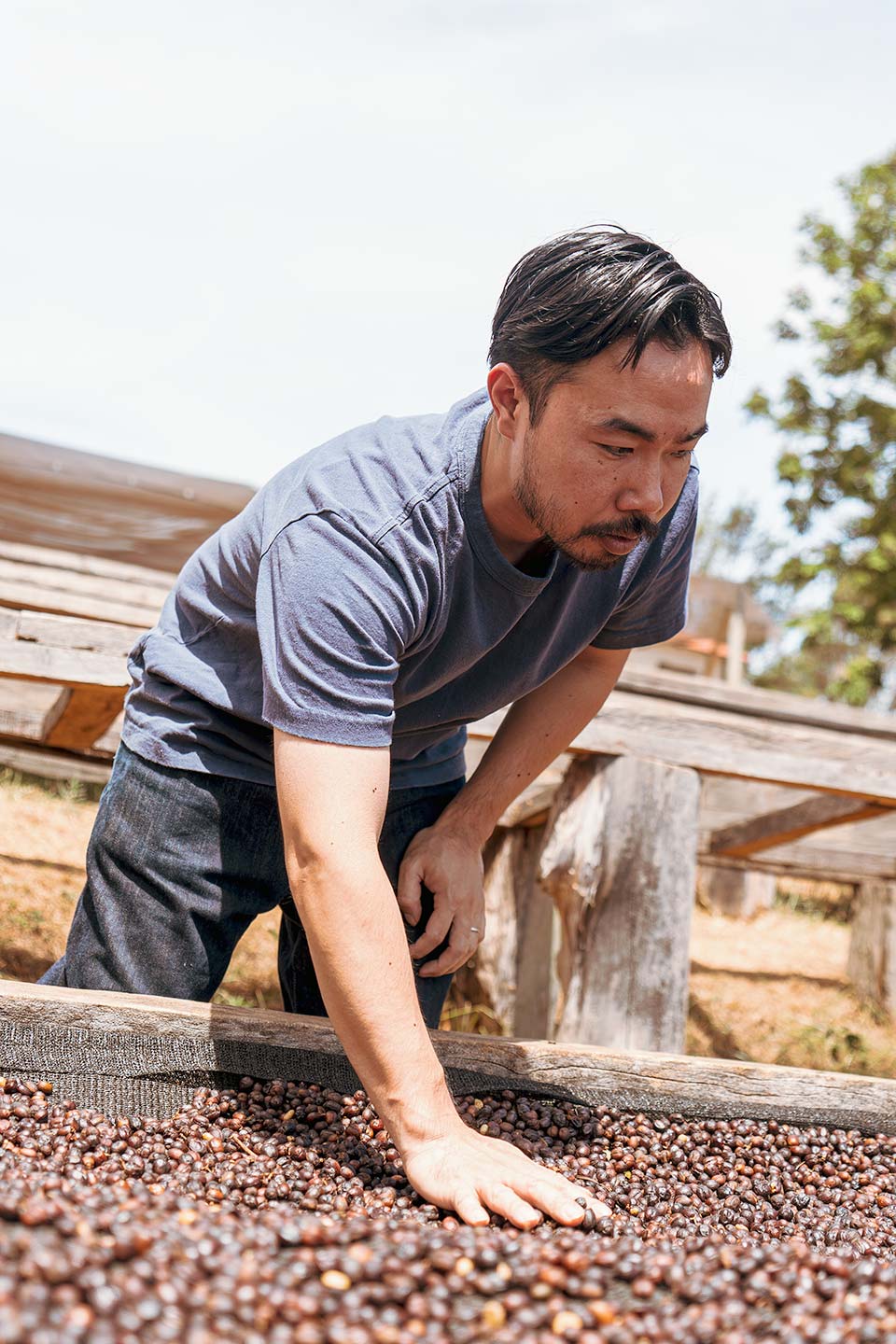
Simplifying the Complexities of Coffee
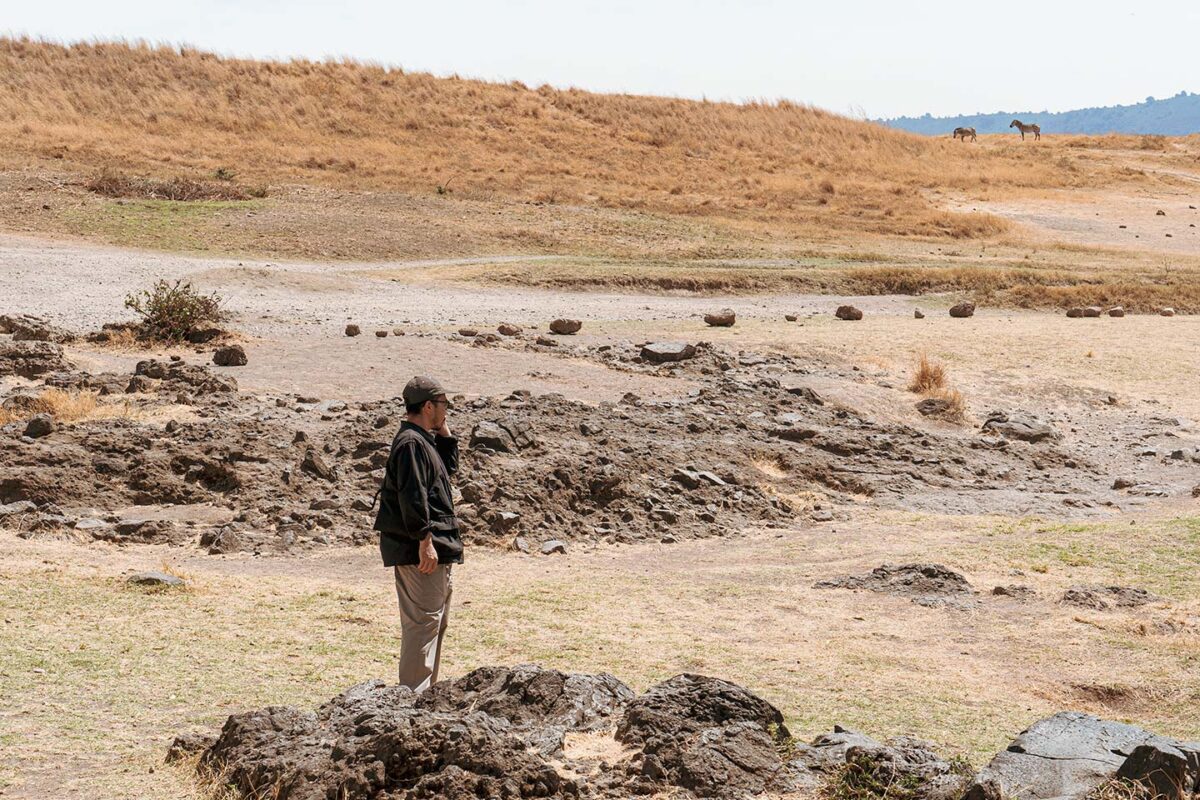
AKITO COFFEE is an artisan coffee shop in Kofu, Yamanashi. Owner Akito Tanzawa fell in love with coffee when searching for something to dedicate himself to, and in 2014, at the age of 23, he opened his coffee shop. Nine years on, his love of coffee hasn’t waned and his pursuit of the simple continues to influence his business ethic. Always on the lookout for a way to simplify the connection with producers, Akito shares what the trip to Tanzania and Kenya meant to him.
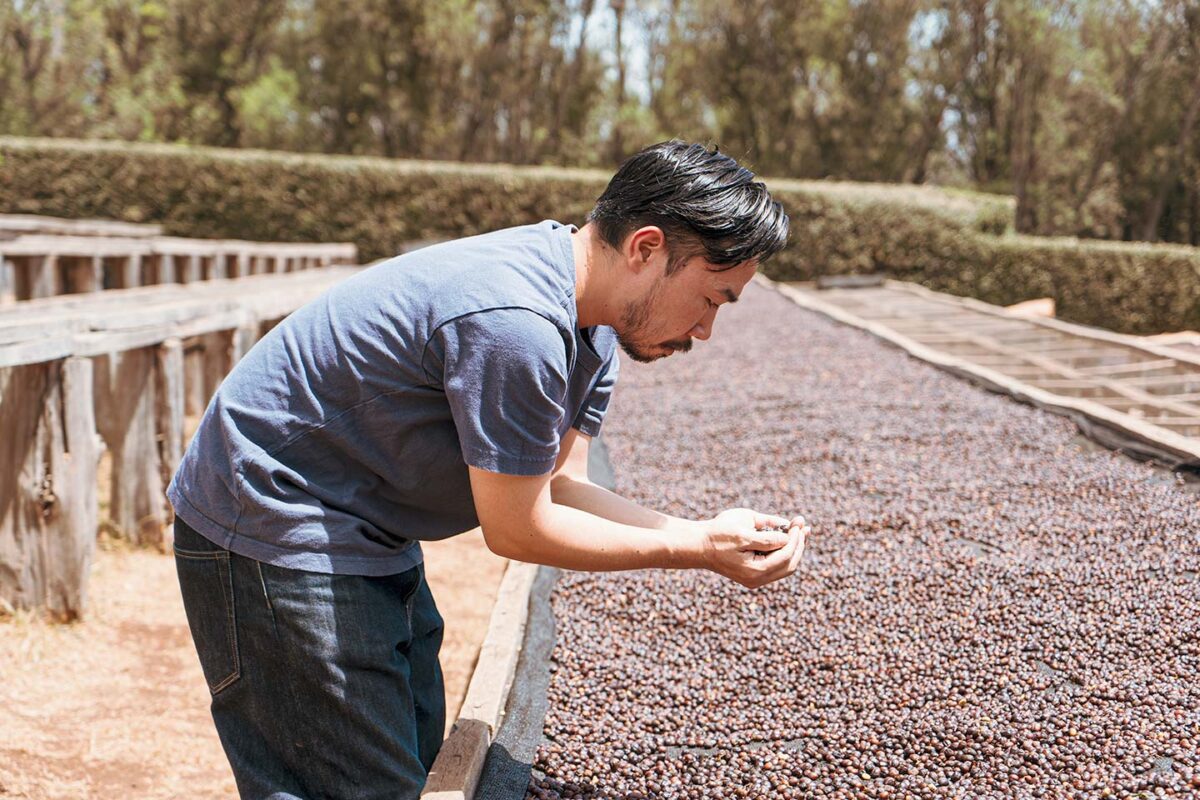
Buy the coffee you love
It’s always been my goal to go every year to producing countries, visit farms and buy directly from the producer. Chefs buy their ingredients directly from the farmer, so why should it be different for roasters?
The problem was, I didn’t know how to go about it, and I’m not someone who’s going to be buying a huge volume. For years I was stuck in this limbo of wanting to go but not being able to follow through.
Then, in 2019, I decided that I’d waited long enough, and headed to Colombia. It was everything I’d imagined it to be and more. Visiting the farm, meeting the producer, the experience made me determined to repeat the trip every year – but then the Covid pandemic forced me to put plans on hold. Two years later and thanks to TYPICA Lab, I had a chance to visit Africa.
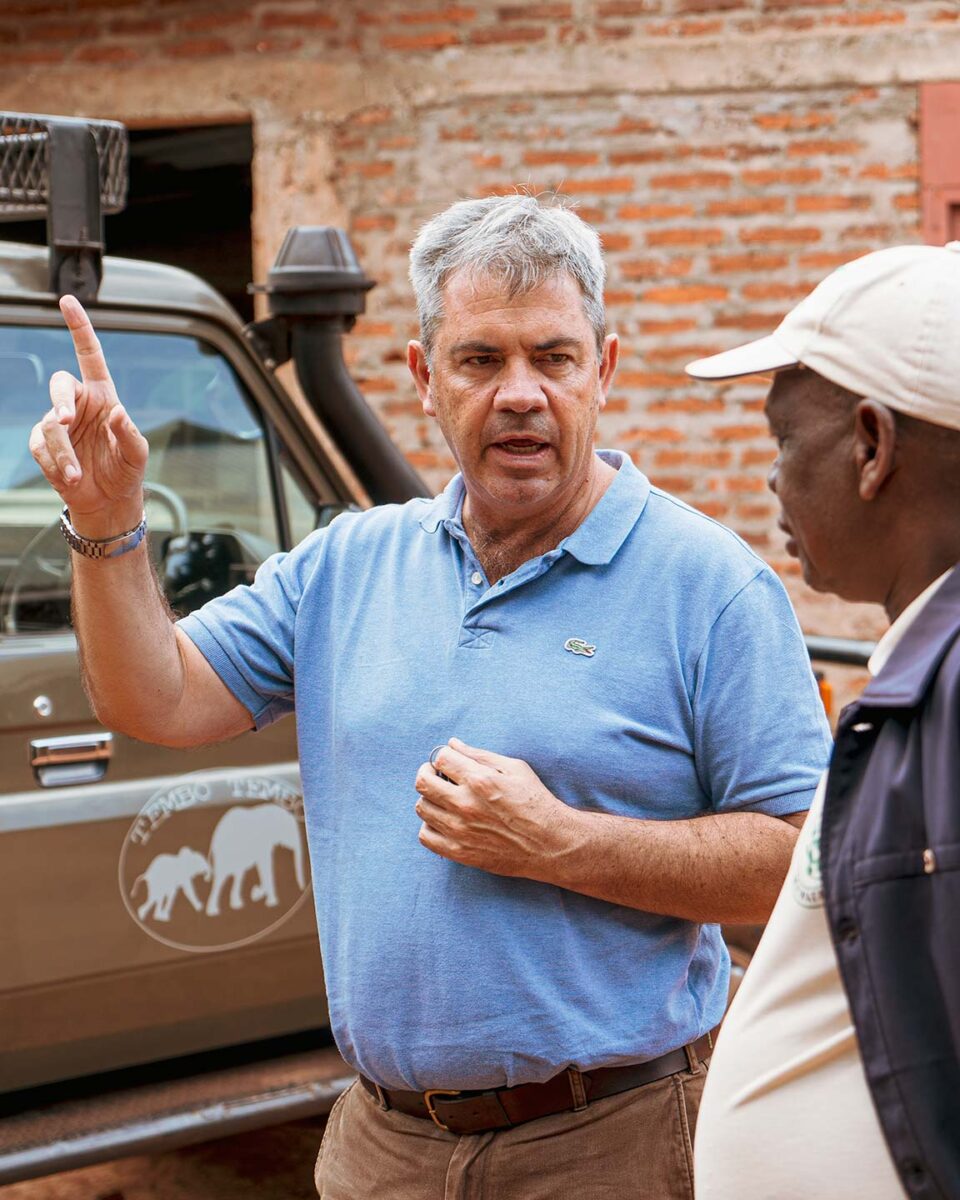
When you look at the coffee producing countries in Africa, Ethiopia and Kenya are the superstars. The first coffee I ever liked was a Kenyan. Tanzania, on the other hand, was somewhere I hadn’t paid much attention to and had never bought from.
So I was completely blown away by the quality and flavor of coffee in Tanzania. It was way above my expectations. It was also wonderful to meet someone like Leon, from Acacia Hills. As soon as I met him I could tell he was a decent person, and his ambition to improve the quality of his product shone through.
How Leon processed the Geisha told me a lot about who he was. He had two processing methods: a washed and a honey. The washed Geisha was great – clean and delicious. But the honey was anticlimactic and none of the roasters were impressed with it. Still, you never know what’s going to happen until you try and for me, this was an example of how curious and eager to experiment Leon is, and that won me over.
Once I got back to Japan, I put in a fairly large order for Leon’s coffee. I could see the potential for Tanzania coffee, and raising the awareness of this origin in Japan is something I want to support. In the end, I want to use the coffees that I love, and this is one of them.
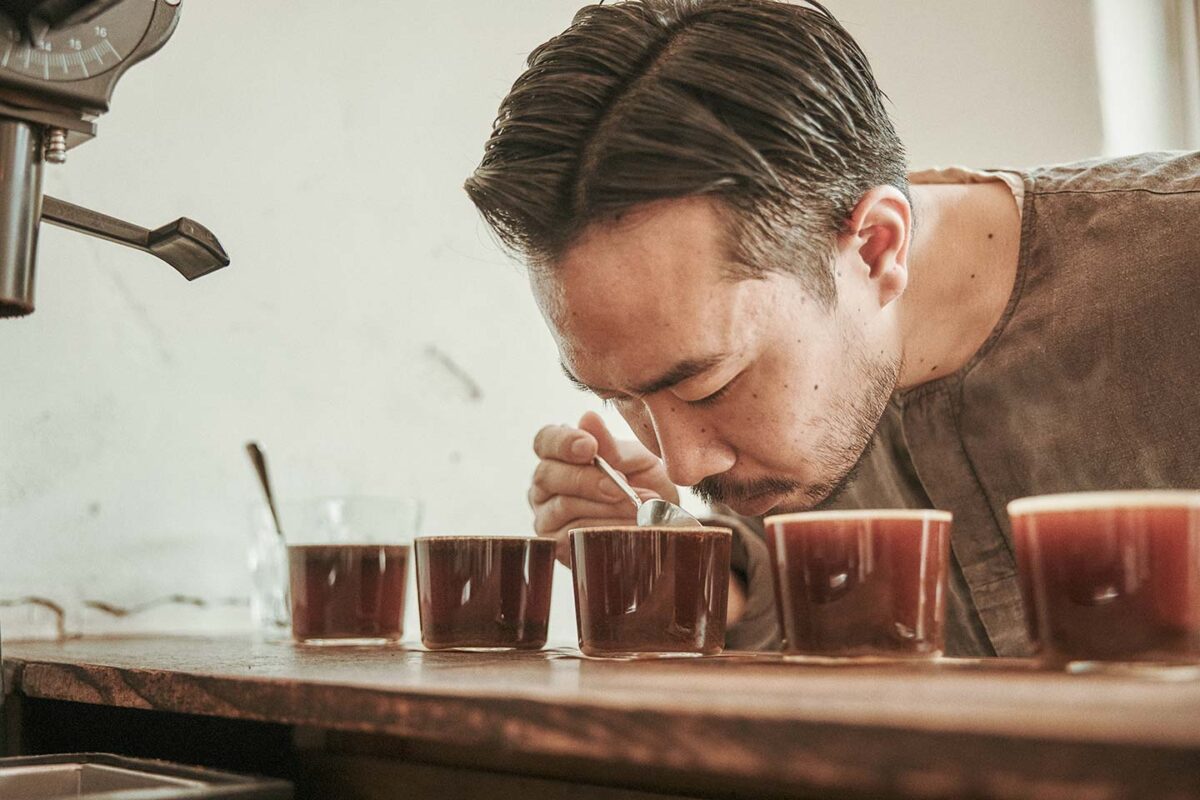
Filling words with firsthand experiences
A lot of people are involved in coffee, including coffee producers. But I’ve come to realize that it has to be more than a relationship based solely on business dealings. Making that human connection is so important to sustaining it. I want to work with producers who I respect and who I feel an affinity with, and that’s why I’ll keep going to Leon’s farm and buying from him every year.
When I started out, I wasn’t as aware of this aspect of the business. In the beginning, there was no option to buy from someone I knew, it was more a case of choosing from a list. As we began to establish ourselves and be more selective about the beans and quality, I began to think more about the producers.
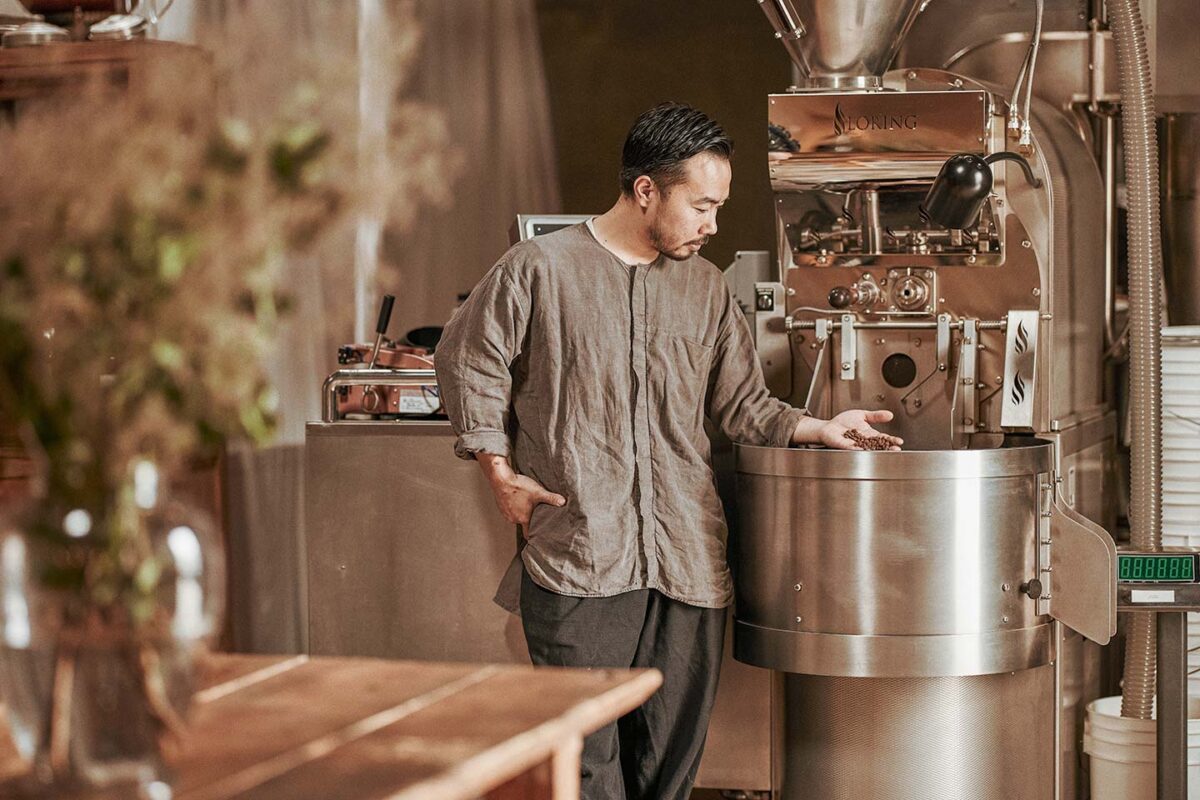
The truth is that anyone can buy good quality beans. It doesn’t matter how much experience you have if you have money, it’s easy to buy quality. But easy doesn’t interest me. I’m more concerned with the reason for choosing a particular producer.
And the fact that producers are far away doesn’t put me off from buying from them directly. I’m always thinking of how to simplify this process, some way to breach this physical difference. I know there must be a way, I just need the skill to find it.
The only way to do that is to keep going back, over and over. Because it’s not enough to read about it or watch it on a screen. If we want to share the value of coffee, we need that authentic experience to express it on a personal level. Without that, it’s just empty words.

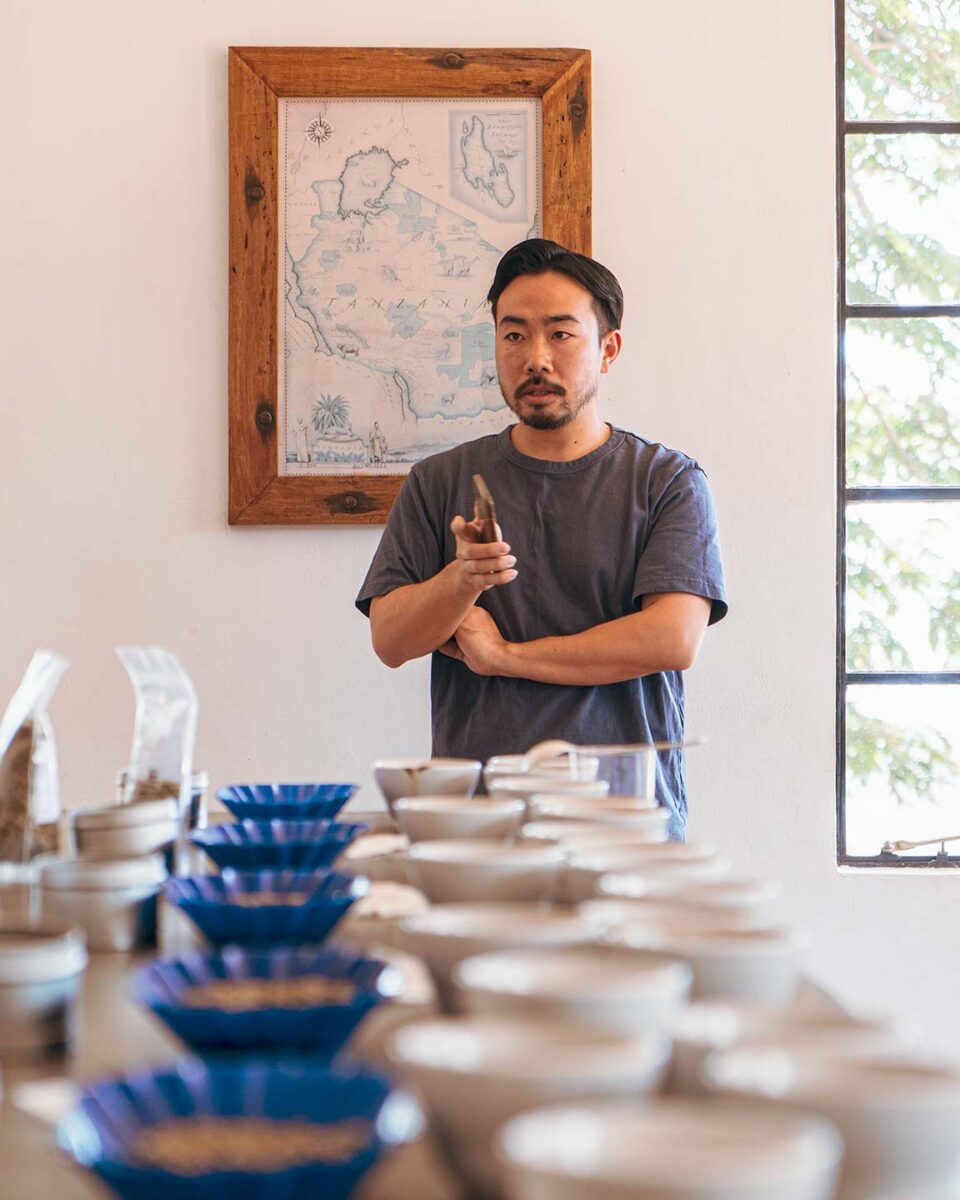
Quality isn’t everything
I’d already decided to buy beans from one of the producers I met, even before I went on the trip. I’ve always wanted to only use beans that I’ve purchased from farms that I’ve visited and producers I know personally, because I knew this would make me more invested in the coffee I was serving to my customers.
Of course, that doesn’t mean I was willing to buy anything. It goes without saying that quality is a must.
At the same time, I like to be flexible on quality. If Leon’s next harvest is not at the same level as this, I’d still purchase from him. Coffee is an agricultural product, affected by the climate and environment, and there’s a limit to what the producer can do.
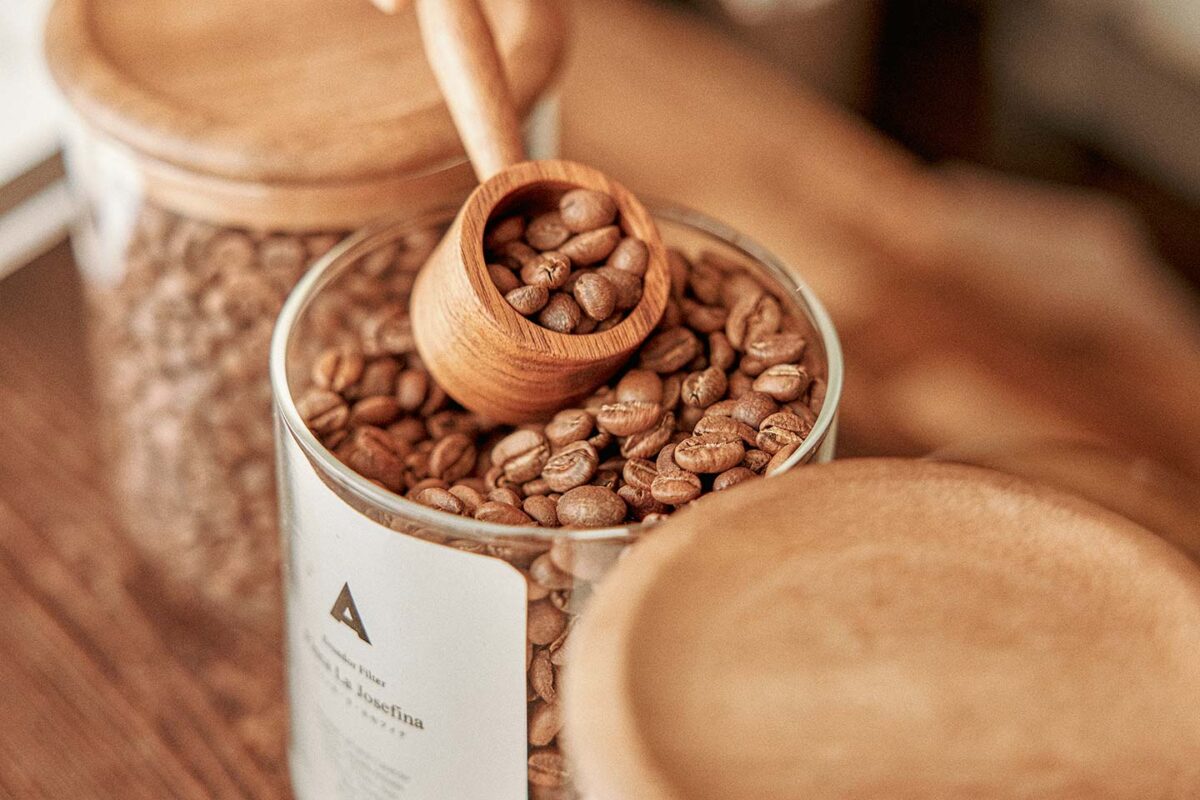
As a roaster, if the standard is not there, it’s also my job to find a way to enhance the quality of the bean and produce the best product for the customer. A roaster should be able to adjust the roast to match the quality and find the best way to use it. It’s like a chef with fish. If it’s not good enough for sashimi, then you grill it, stew it, or use it for stock. For me, a skilled roaster is someone who doesn’t need to rely on the quality of the bean to produce a good coffee.
Yamanashi is well-known for its local produce so I have a lot of connections with people outside of the coffee industry like vegetable farmers, wine producers, and chefs. Meeting and talking with them always gives me new inspiration.
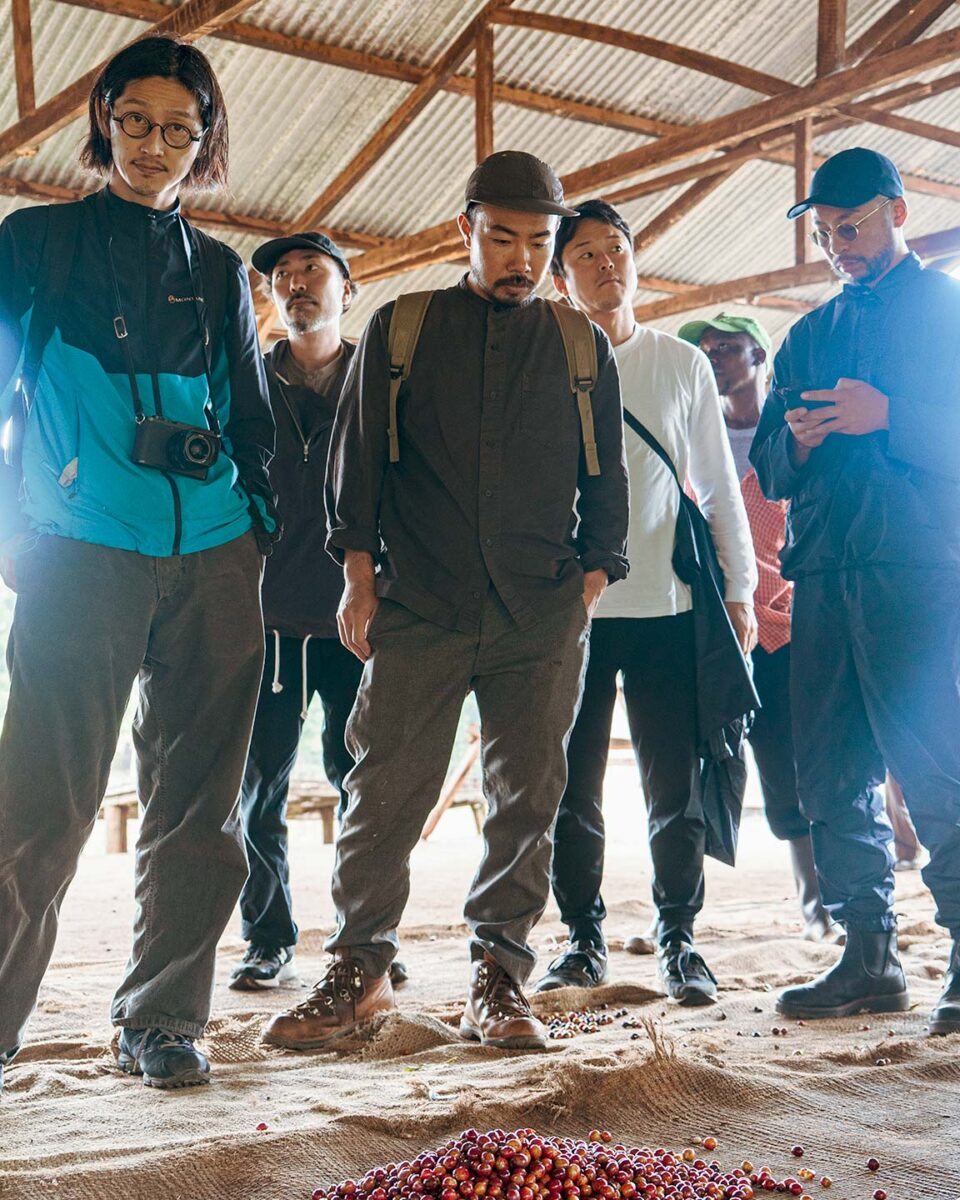
Dreams can come true if you believe
This trip was also a way for me to remember why I love coffee so much.
I first came to coffee nine years ago in 2014, when I was 23. Everyone told me that I’d never be able to pull off a specialty coffee shop in a backwater like Yamanashi. There was literally nobody who thought I would make a success of it.
But, I’ve never been the type to pay attention to other people. And I just knew that it was going to work so I was never really worried. When you’re setting up in business, you need to believe in yourself. If other people’s opinions are going to turn your head then you’re probably not ready.
Back then, what was driving me was the need to connect with people who were on the same wavelength as me. I knew that if I dedicated myself to achieving this goal, I’d get to a place where I could connect with these people. It’s why I’ve always placed so much importance on improving my skills.
I didn’t know exactly what it was I was aiming for, but I knew I had to keep pushing myself. Somehow, that led to connecting with roasters from all over the country, people with the same mindset as me, and being chosen as one of a few coffee shops to go to a producing country.
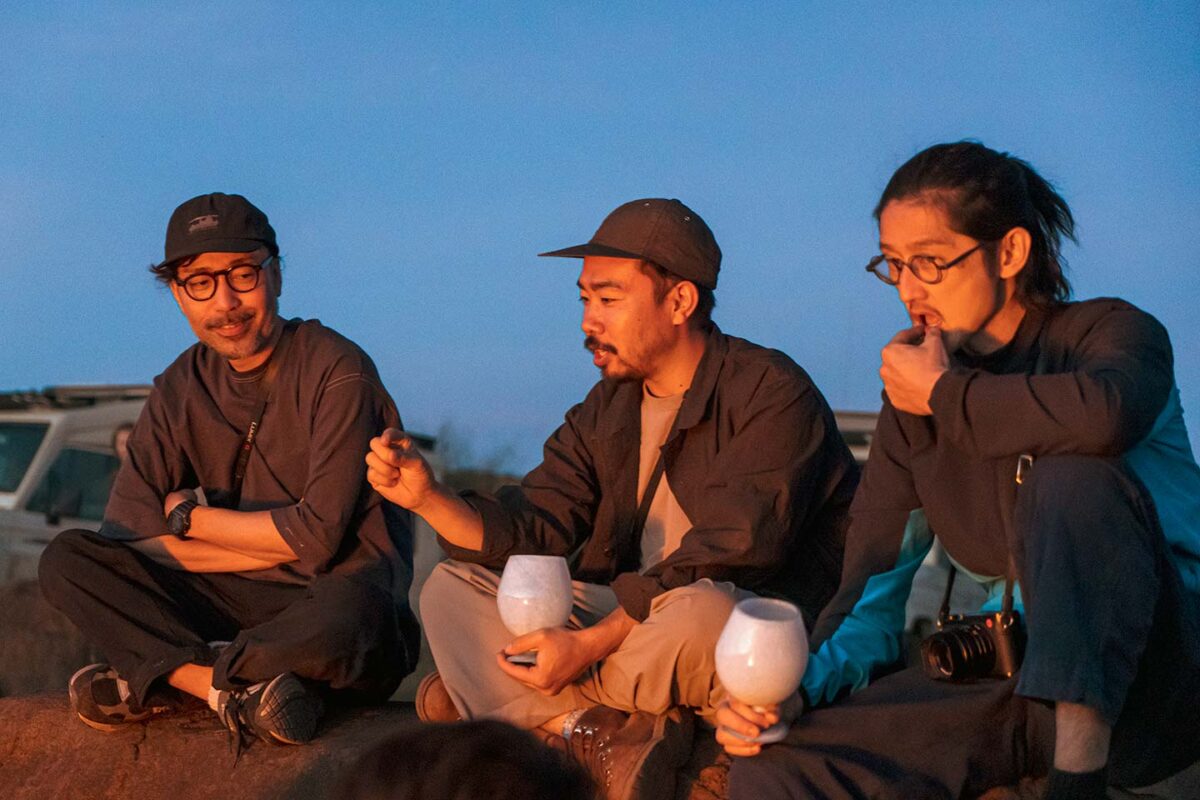
I remember this one time at Acacia Hills when we all went out to this amazing view to have a drink together. We started talking about our career and some of the tough times we’d had on the way. I got a glimpse of the road everyone had traveled, and how we’d all got here. It made me feel so grateful and happy to be a part of this industry. It’s because I dedicated myself to coffee, and kept believing in it, that this small-town coffee shop owner was able to realize his dream.
Sometimes, it’s hard for me to believe that this all really happened. Going to a producing country is something I’ve wanted to do for so long, it was beginning to feel more like a distant dream than an actual plan. But by sticking with my shop I’ve managed to make that dream come true. I think there’s something truly magical about that.
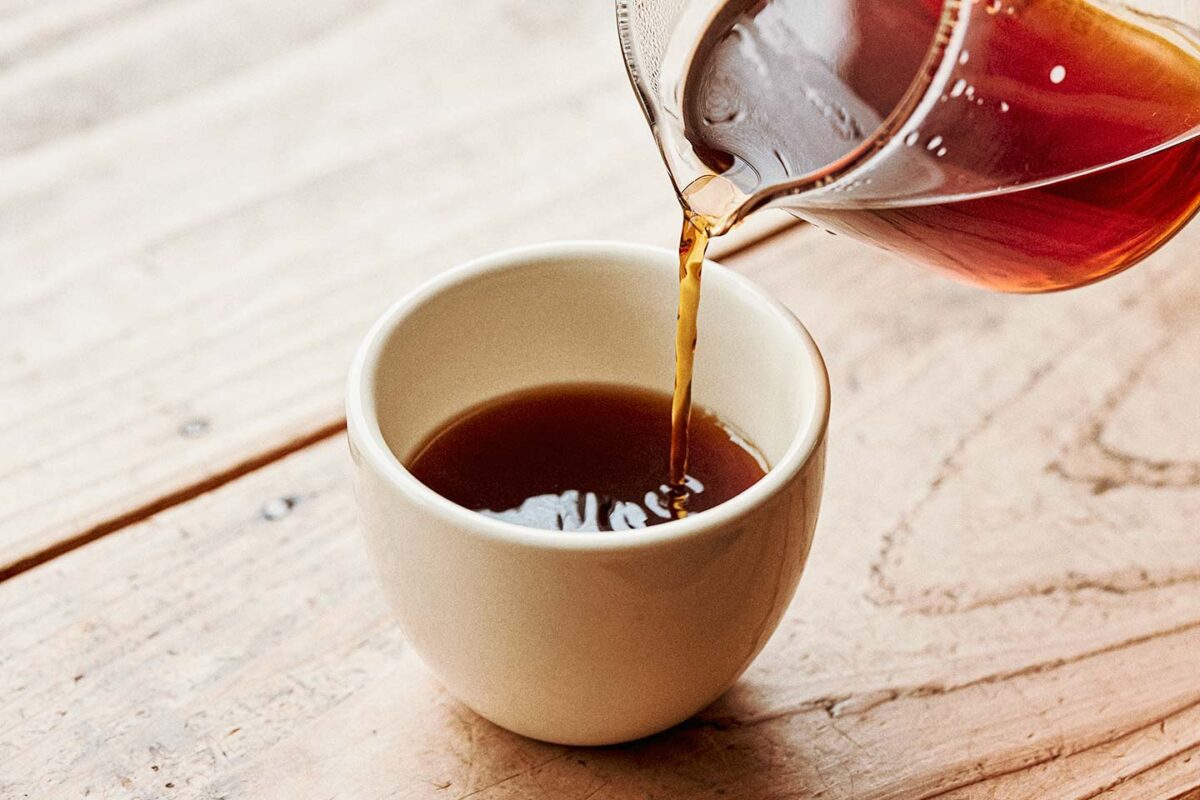
I once read that “coffee is a black fountain”, and that really resonated with me. When you truly immerse yourself in something, it emanates a powerful energy that gushes out.
Using coffee from places I’ve visited and producers I’ve met means that I can share these stories with my customers. From seeing the amazing landscape and animals on safari, to time spent with friends drinking and watching the sun go down, those first-hand experiences that I had in Tanzania have given me precious memories that will go on to infuse the flavor of my coffee.
AKITO COFFEE
- [Open]
- Tue-Sun: 9:00-18:00








